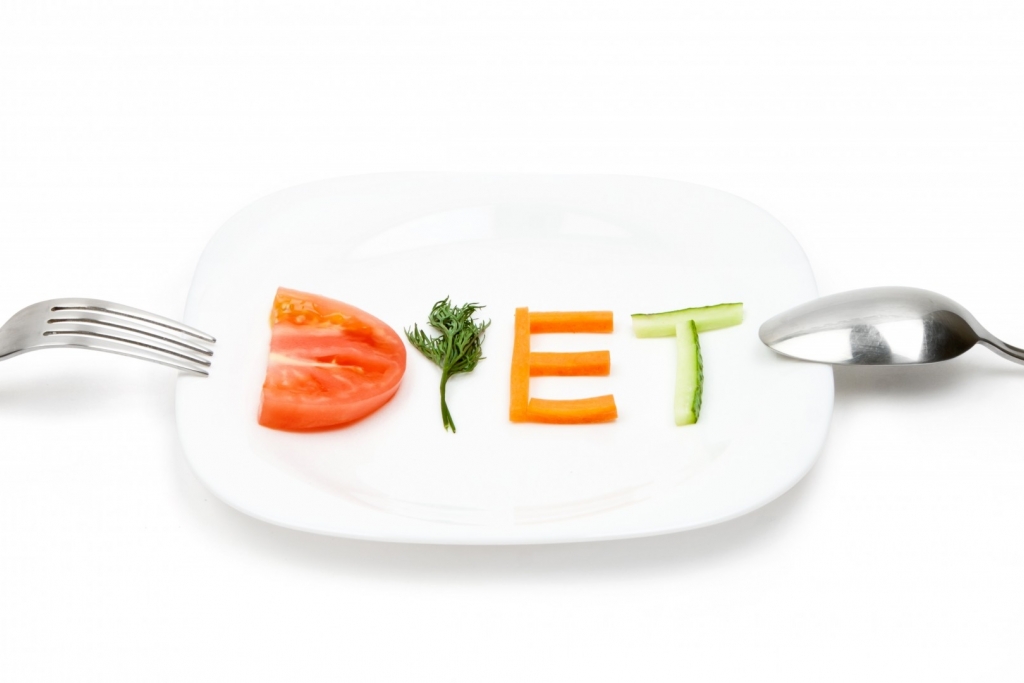Have you ever wondered what the best diets are overall? Here is our top review of the 5 best diets available today to help you achieve your weight loss goal.
Dieting is always on our minds. If healthy eating was one of your goals this year, it may be time to rethink your eating habits.
While fad diets will come and go, some tried-and-true healthy eating plans and the best diets can help get you on the right track.
World Report and U.S. News evaluated and ranked 41 diets. For a diet to qualify as a top-rated plan, it had to be safe, nutritious, simple to follow, and well-known for weight loss.
The regimen must also be proven to help prevent heart disease and diabetes.
A List of the 5 Best Diets Overall
- Mediterranean diet.
- DASH diet (tied for No. 2).
- The Flexitarian diet (tied for No. 2).
- WW (formerly Weight Watchers).
- MIND diet (tied for No. 5).
Top-Ranking 5 Best Diets
1. THE MEDITERRANEAN DIET
The Mediterranean diet received the top rank on the list. This heart-healthy diet is rich in fruits, vegetables, fish, and whole grains and high in healthy fats like olive oil, avocados, and nuts.
The researchers noted that the Mediterranean diet reduces heart disease risk and may have numerous other health benefits, including lower LDL, or “bad” cholesterol, and a decreased risk of Alzheimer’s, Parkinson’s, and cancer.
One study published in the British Journal of Nutrition found that following the Mediterranean diet reduced death from any cause by 25 percent.
That is the reason why it is one of the Top-Ranking Best Diets for 2019 and Beyond.

2. THE DASH DIET
This Dietary Approaches to Stop Hypertension diet, also known as the Dash Diet, is designed to help manage blood pressure.
Many experts believe it has many overall health benefits, which is why it is ranked second on the best diets list.
The Dash diet emphasizes healthy food sources, such as vegetables, fruits, whole grains, poultry and fish, and legumes and nuts. It also limits red meat, sweets, and salt.
Research suggests the DASH diet, in addition to lowering blood pressure, may help reduce the risk of diabetes and fight depression.
No wonder it made it to the list of The Top-Ranking Best Diets for 2019 and Beyond.
2. (Tie) The Flexitarian Diet
Flexitarian is a combination of two words: flexible and vegetarian. Dawn Jackson Blatner, registered dietitian, coined the term, Flexitarian, more than a decade ago in her 2009 book “The Flexitarian Diet: The Mostly Vegetarian Way to Lose Weight, Be Healthier, Prevent Disease and Add Years to Your Life.”
Blatner recommends that you don’t eliminate meat to reap the health benefits associated with vegetarianism. You can be a vegetarian most of the time but still enjoy a burger or steak when the urge hits.
Eating more plants and less meat can help people lose weight and improve their overall health, lowering their rate of heart disease, diabetes, and cancer and living longer.
To learn more about the Flexitarian Diet, click here
4. THE MIND DIET
The MIND Diet combines a few elements of two popular nutrition plans proven to enhance heart health: the Mediterranean and DASH diets.
Moreover, the MIND mind stands for Mediterranean-DASH Intervention for Neurodegenerative Delay.
The Mind Diet, designed by researchers from the Rush University Medical Center in Chicago, was explicitly developed for brain health.
The study found that the diet may reduce the risk of developing Alzheimer’s disease by as much as 53 percent.
Researchers also found that those who moderately followed the diet reduced their risk of Alzheimer’s by about a third.
The diet plan features various options, including fruits and vegetables, whole grains, nuts, poultry, and fish.
5. THE WEIGHT WATCHERS DIET
The Weight Watchers diet gained fifth place. Experts say that although it is designed to help people lose weight, its focus on healthier living makes it a smart overall diet to follow.
The Weight Watcher Freestyle program, launched in 2017, builds on the SmartPoints system, assigning a point value to every food and beverage based on its nutrition.
The new program expands dietary options. The plan also involves in-person meetings or online chats designed to support and keep those in the program accountable.

Conclusion:
Low scores were caused by diets that lacked scientific evidence for health benefits or severely restricted foods, including certain healthy foods.
